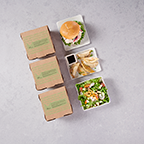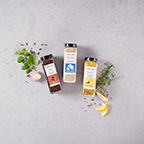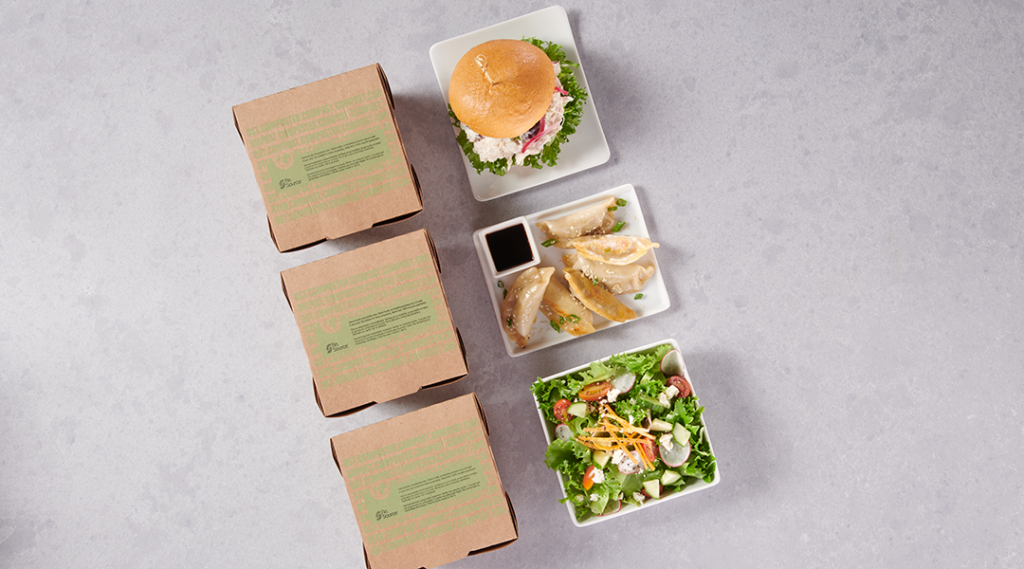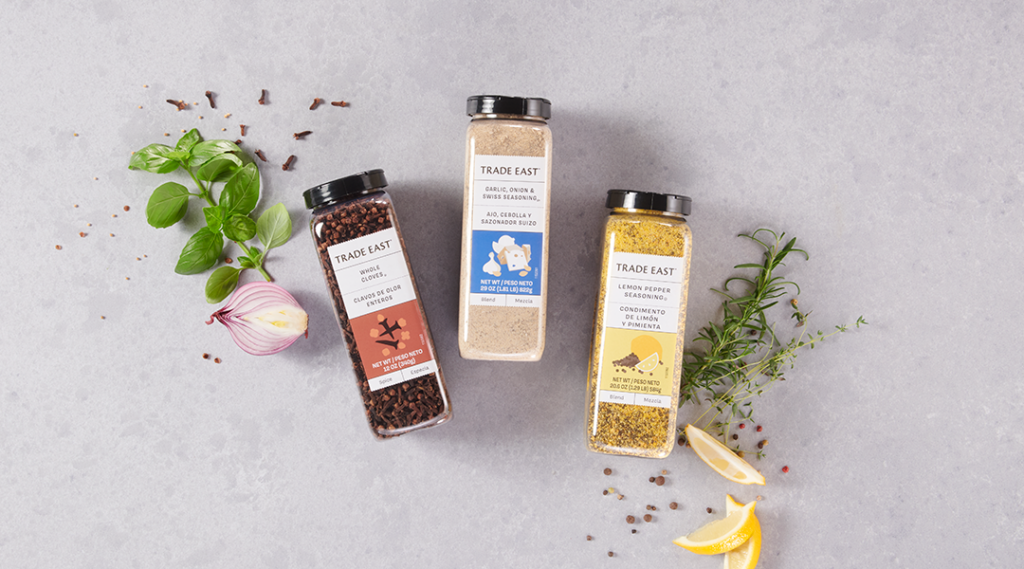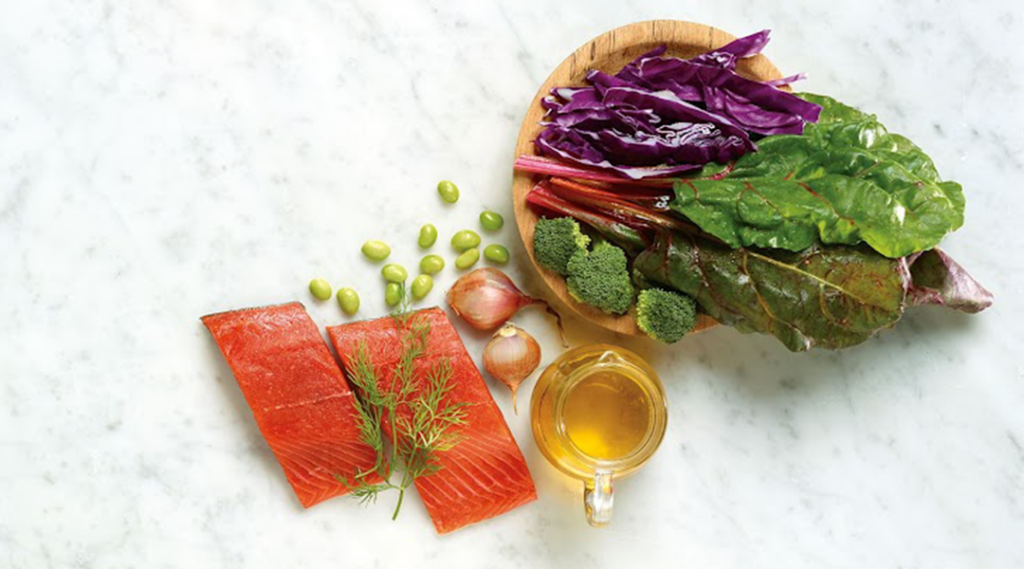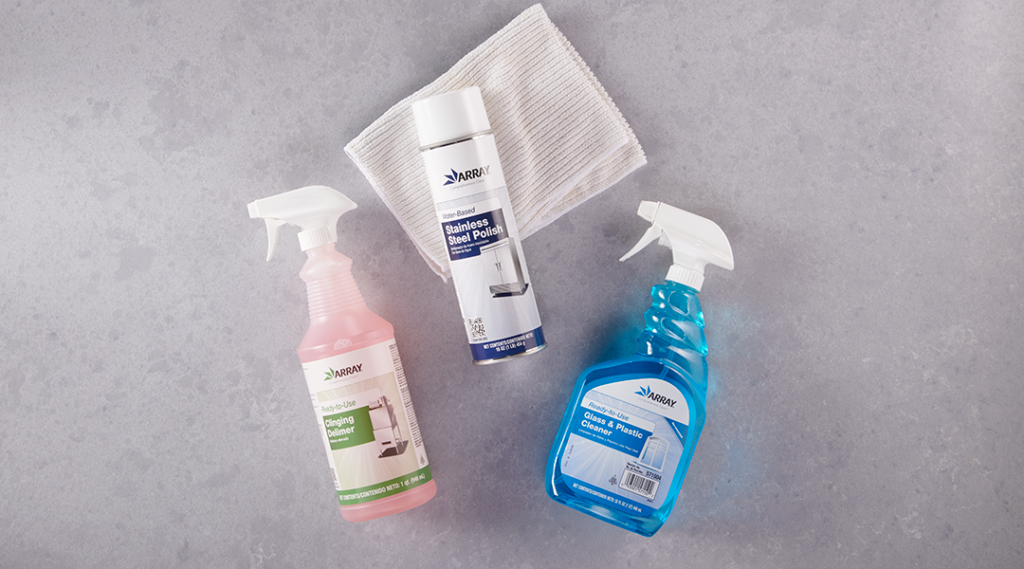People always care about the safety of their food. A growing number also are concerned about how food choices affect environmental sustainability. It’s an issue the beef industry has been addressing for years.
The Canadian Roundtable for Sustainable Beef (CRSB) has worked for decades to promote land conservation, animal welfare and beef quality. A balance of planet, people, animals, and progress combine to provide social and environmental responsibility, as well as economic viability.
In short, sustainability.
The beef industry often finds itself in the crosshairs of criticism. That’s why Certified Angus Beef and the Gordon Choice brand work closely with the CRSB, going ranch to ranch to maintain the sustainability of beef products that so many consumers enjoy.

Raising Beef and Protecting the Environment
Beef industry experts know how deceptive the wide-open prairie can be. Cattle graze on grasslands that appear to extend infinitely, but the truth is that there’s a limit to forever.
Nearly 74% of native Canadian grasslands no longer exist, victim to development and environment. Grasslands that remain are vital to ranchers and the beef industry. They count on a healthy ecosystem to raise healthy cattle.
Environmental stewardship has made a big difference over the years. Ranchers know natural resources are fragile and limited, and they are committed to using far fewer natural resources while still meeting demand.
Proof is in the numbers. Compared to 1981, for every kilogram of beef produced, farmers have:
- Cut water usage by 17%.
- Reduced greenhouse gasses by 15%.
- Cut breeding stock by 29%.
- Harvested 27% fewer cattle.
- Used 24% less land.
- Produced 32% more beef.
There’s also an added benefit for the climate: About 1.5 billion tonnes of carbon are preserved in Canada through beef production on native grasslands, according to the CRSB.
Practicing Health and Social Responsibility
Ranchers also are committed to socially responsible practices. To care for and raise the best beef possible, the CRSB and Certified Angus Beef requires farms to use ethical animal welfare practices.
Farmers and ranchers participate in training, such as the Verified Beef Production Plus program, where they learn about practices such as rotational grazing, balanced animal diets, proper clearing and drainage of pens and manure management. In addition to benefiting the animals, these practices also reduce environmental impact.
Certified Angus Beef promotes responsible antimicrobial use on farms and ranches. Because animal health and human health are intertwined, care is vital to producing the healthiest safest beef products. The Canadian Food Inspection Agency monitors antibiotic residue to ensure no antibiotics from beef are on the plate.
The CRSB recognizes sustainable beef practices through a third-party certification program. It’s a process that reaches producers, processors and sourcing, and it assures sustainably raised beef is available to foodservice operators who want to meet the needs of consumers making responsible food choices.
Gordon Food Service participates in the certification program, and at least 30% of the beef sourced for Gordon Choice boxed beef meets standards set by the CRSB.
Sharing the Message
Communicating sustainability is part of the CRSB mission. It’s a story foodservice operators can share with consumers. From safety practices to certifications and beyond, sustainability occurs from farm to table.
For example, 98% of Canada’s beef farms are family owned, according to a National Beef Sustainability Strategy report conducted by the CRSB. And the farmers and ranchers who raise cattle for Certified Angus Beef tend their herds in prairie grasslands.
That means people eating beef in Quebec or Vancouver may be supporting rural communities in Alberta or Saskatchewan. Consumers who choose local-first products can rest easy.
Even though the beef is raised in a different province, the cattle it comes from are raised in grasslands filled with natural, local food. Ultimately, fewer food kilometers are involved because the beef and the feed are in one place, meaning the final product only needs to move from the rural producer to the urban consumer.
Operators can promote sustainable practices on Canadian farms by showing the CRSB logo on the menu. It tells consumers why your business chooses CRSB certified beef:
- It supports healthy animals, healthy communities and responsibly raised beef.
- It supports innovation and technology that leads to more sustainable food production.
- It shows your commitment to stewardship.
- It recognizes the benefits of beef production on Canada’s agricultural land, including biodiversity, carbon sequestration, soil health and wildlife habitat.
- It provides third-party certified assurance about how beef is raised in Canada.
Ask your Gordon Food Service Sales Representative about using the logo and supporting opportunities to promote beef sustainability in your operation.





